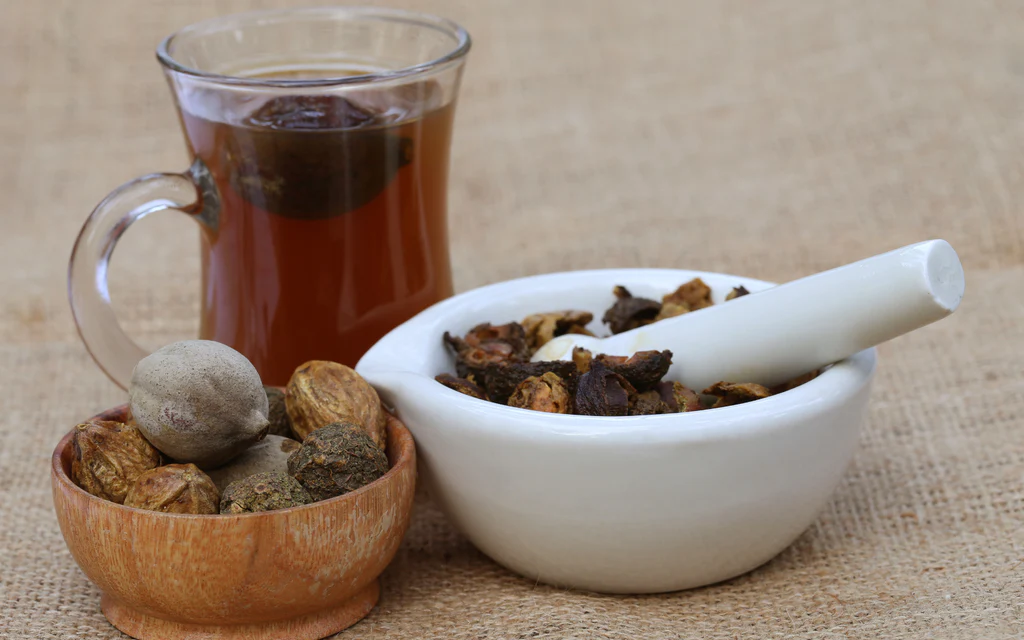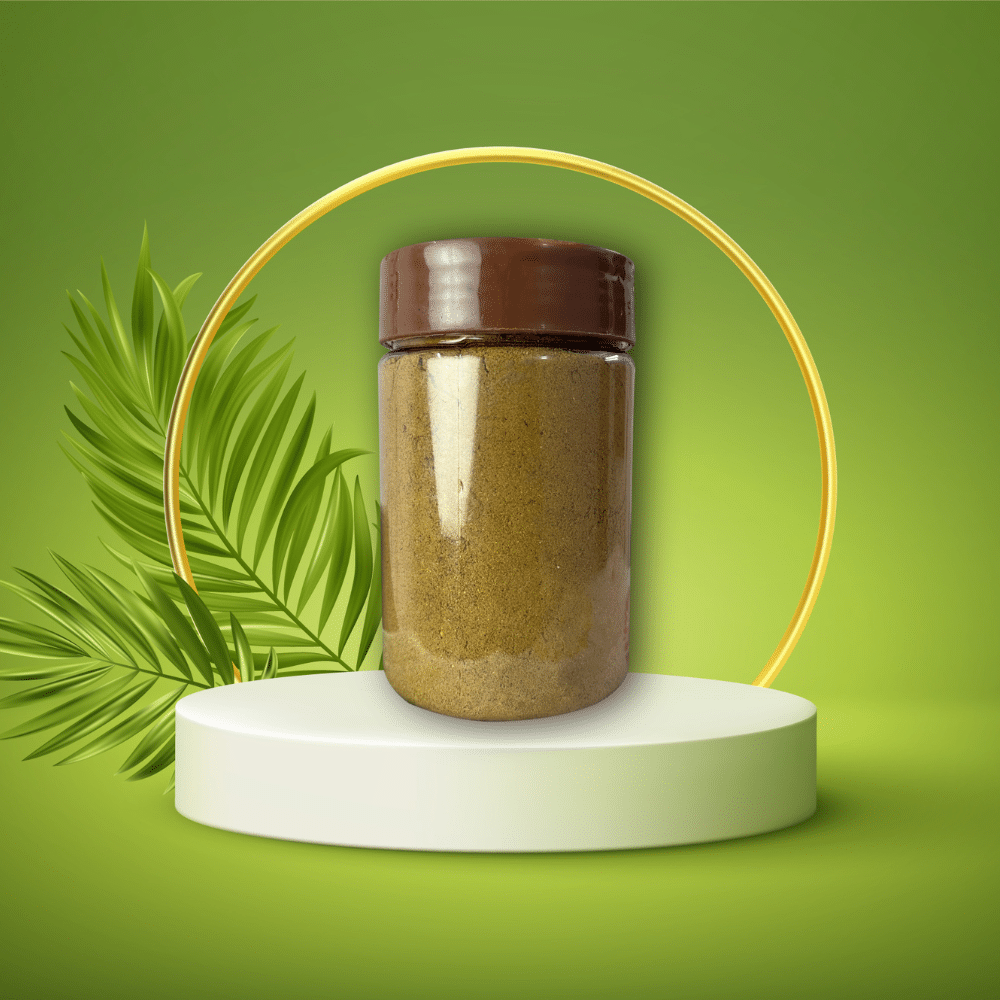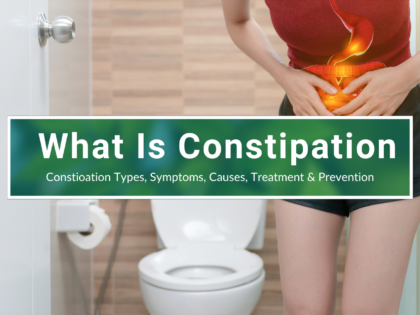Constipation Quick Relief Home Remedies
-
vedasatva@98727
- Posted on
- 0 comments

7 Home Remedies To Relieve Constipation Naturally
Constipation is a common digestive issue that can be uncomfortable and frustrating. While over-the-counter laxatives and prescription medications can provide relief, they may also have side effects or become habit-forming over time. Fortunately, there are several natural home remedies that can effectively relieve constipation and promote healthy digestion.
These remedies include increasing fluid intake, eating high-fiber foods, engaging in physical activity, and incorporating natural laxatives such as prunes, flax seeds, and chia seeds into your diet. By making small lifestyle changes and incorporating these home remedies into your routine, you can relieve constipation and promote regular, healthy bowel movements.
Ayurveda, the traditional medicine system of India, offers several natural remedies for constipation. Know Some common Ayurvedic treatments for constipation :
1) Constipation Ayurvedic Powder :
Constipation is a common issue that can be treated with Ayurvedic powder. Ayurveda is a traditional Indian system of medicine that utilizes natural remedies to promote balance and health in the body. Ayurvedic powders are made from a combination of herbs, spices, and other natural ingredients that are believed to have medicinal properties.
Additionally, Ayurvedic powders like Veda Satva Constipation Ayurvedic Powder, are also known for its natural laxative properties and can be helpful in constipation.
2) Triphala helps in constipation Relief
Triphala is a blend of three fruits (amla, haritaki, and bibhitaki) that is commonly used in Ayurveda to improve digestion and relieve constipation. The combination of these fruits is believed to have a balancing effect on the body’s natural digestive processes, and to promote regular bowel movements.
One of the main benefits of Triphala is its ability to cleanse the colon and promote the elimination of toxins from the body. The fruits in Triphala are high in antioxidants and other compounds that are believed to help detoxify the body and support healthy digestion.
Triphala is also believed to have a tonic effect on the intestines, helping to strengthen the muscles and tissues of the intestinal walls. This can help to promote regular bowel movements and relieve constipation.

Additionally, Triphala is considered to be a mild laxative, which can help to stimulate the intestines and promote bowel movement. It is also believed to help to hydrate the intestinal tract, which can help to ease the passage of stools and relieve constipation.
It is recommended to take Triphala powder with warm water or milk, before going to bed. It’s also important to note that Triphala should be taken under the guidance of an Ayurvedic practitioner as it may not be suitable for everyone and may interact with other medications.
3) Castor oil can helps in constipation Relief
Castor oil is a natural laxative that is commonly used in Ayurvedic medicine to relieve constipation. It is derived from the seeds of the castor plant (Ricinus communis) and is believed to have a stimulating effect on the intestines, promoting bowel movement and easing the passage of stools.
The primary active ingredient in castor oil is ricinoleic acid, which is believed to have a laxative effect by stimulating the muscles of the intestinal wall. When taken orally, the oil is thought to stimulate the intestinal muscles, which then propel the feces forward, thus increasing the bowel movements.
Castor oil is traditionally taken at bedtime with warm milk or ginger juice to enhance its effectiveness. The recommended dosage is usually 1-2 teaspoons, but it’s best to start with a smaller amount and increase gradually as needed.
It is important to note that castor oil can cause some side effects such as cramping, stomach discomfort, and diarrhea. It also should not be used by pregnant women and should be avoided by people with inflammatory bowel disease or any other intestinal disorders, it’s always best to consult with a qualified medical practitioner before starting any new treatment.
It is also important to note that long-term use of castor oil as a laxative is not recommended, as it can cause the intestinal muscles to become dependent on the oil, leading to chronic constipation when the use of the oil is stopped.
4) Ghee helps in constipation Quick Relief
Ghee, also known as clarified butter, is a staple in Ayurvedic medicine and is believed to have a number of health benefits, including the ability to relieve constipation.
Ghee is believed to lubricate the intestinal walls and ease bowel movements, making it a natural laxative. Its high-fat content may help to soften the stools, making them easier to pass. Additionally, ghee is rich in butyric acid, a short-chain fatty acid that has been shown to have a soothing effect on the gut, which can help to relieve constipation.
Ghee can be consumed directly or added to food, such as warm milk or porridge. It is also used as an ingredient in many Ayurvedic herbal preparations to help with constipation.
It is important to note that Ghee should be consumed in moderation, as it is high in calories and saturated fat. It is also best to use ghee that is made from grass-fed butter, which is considered to be of higher quality and more nutritious than ghee made from grain-fed butter.
As with any treatment, it is always best to consult with a qualified medical practitioner before starting any new treatment.
5) Fiber-rich diet can helps in constipation
- Eating a diet high in fiber is an important part of preventing and treating constipation. Fiber is a type of carbohydrate that is not digested by the body, and it plays an important role in maintaining regular bowel movements.
Fiber is found in fruits, vegetables, whole grains, and legumes and it comes in two forms: soluble and insoluble. Soluble fiber dissolves in water and forms a gel-like substance that helps slow down digestion and makes stools bulkier, which makes them easier to pass. Insoluble fiber, on the other hand, doesn’t dissolve in water and helps to push waste through the intestines. A diet that is high in fiber can help to promote regular bowel movements and prevent constipation by: - Adding bulk to the stools: Fiber-rich foods add bulk to the stools, making them softer and easier to pass.
- Stimulating the muscles of the intestines: Fiber-rich foods help to stimulate the muscles of the intestines, which can help to promote bowel movements.
- Keeping the colon hydrated: Fiber-rich foods help to absorb water and keep the colon hydrated, which can help to ease the passage of stools and prevent constipation.
It is recommended to increase the intake of fiber-rich food gradually to avoid bloating and gas. Drinking plenty of water is also important when increasing your fiber intake as it will help to keep the stools soft and prevent constipation.
It is always best to consult with a qualified medical practitioner or a nutritionist to design a diet plan that suits your individual needs.
6) Drinking Water can helps in constipation Relief
Drinking plenty of water is an important part of preventing and treating constipation. Water helps to keep the body hydrated and plays a crucial role in maintaining regular bowel movements.
When the body is dehydrated, the stools can become hard and difficult to pass. This is because the colon absorbs water from the food waste, making the stools harder and more difficult to eliminate. Drinking enough water can help to keep the stools soft and make them easier to pass.
Drinking water can also help to stimulate the muscles of the intestines, which can help to promote bowel movements. When water is consumed, it is absorbed by the body and can increase the volume of the stools, which can help to stimulate the muscles of the intestines and promote bowel movement.
It is recommended to drink at least 8 glasses of water per day, or more if you are physically active or live in a hot climate. It’s also important to note that drinking water on an empty stomach first thing in the morning can also help in bowel movement.
It is important to note that drinking excessive water can also cause constipation, it’s always best to consult with a qualified medical practitioner to determine the right amount of water intake for you.

7) Exercise can helps in constipation Relief
Exercise is a powerful tool that can help alleviate the symptoms of constipation. Constipation is a condition in which an individual has difficulty passing stools or experiences infrequent bowel movements. This can lead to discomfort, bloating, and even abdominal pain.
Exercise can help ease constipation by promoting regular bowel movements and improving muscle tone in the intestines. Physical activity increases blood flow to the intestines and helps to stimulate the muscles that move waste through the digestive tract. This helps to speed up the movement of food through the intestines and promotes regular bowel movements.
Additionally, regular exercise can improve overall digestive health by reducing stress and promoting weight management. Stress is a known trigger for constipation and can cause the muscles in the intestines to tense up, making it harder to pass stools. Exercise, on the other hand, has been shown to reduce stress levels and promote relaxation, which can help to ease constipation.
Another way exercise can help to ease constipation is by promoting weight management. Being overweight or obese can increase the risk of constipation as the extra weight can put pressure on the muscles of the intestines, making it harder to pass stools. Regular exercise, combined with a healthy diet, can help to promote weight loss and reduce the risk of constipation.
It is important to note that while exercise can be beneficial, it is not a substitute for a proper diet and hydration. Drinking plenty of water, eating a diet rich in fiber and avoiding processed foods can also help to prevent constipation. If you are experiencing chronic constipation, it is important to speak with your doctor to rule out any underlying medical conditions.
In conclusion, regular exercise can help to ease constipation by promoting regular bowel movements, improving muscle tone in the intestines, reducing stress, and promoting weight management. Incorporating physical activity into your daily routine is a natural way to improve your digestive health and relieve the symptoms of constipation.



